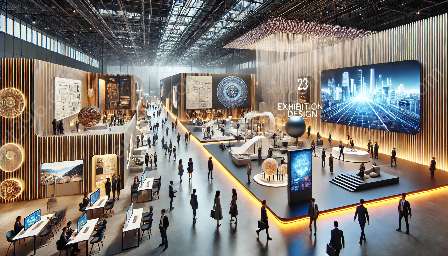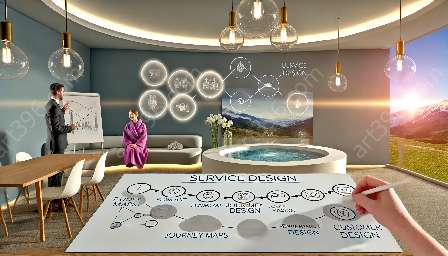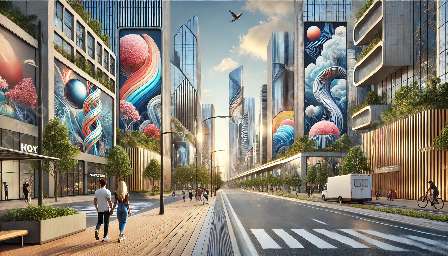Sustainable design has significantly impacted the tourism and hospitality industry, becoming a key consideration for businesses looking to enhance their environmental responsibility, appeal to conscious travelers, and build a more resilient future. The principles of sustainable design, including eco-friendly architecture, energy efficiency, waste reduction, and community engagement, have far-reaching effects on the operations, guest experiences, and overall sustainability of the industry.
Environmental Responsibility and Conservation
Sustainable design encourages the tourism and hospitality industry to minimize its environmental footprint by implementing eco-conscious practices. This involves the use of renewable energy sources, water conservation measures, and the integration of sustainable materials in construction and operations. By reducing energy consumption and adopting sustainable waste management practices, businesses can contribute to global conservation efforts and mitigate the impact of tourism on natural ecosystems.
Enhanced Guest Experiences
Implementing sustainable design principles in the tourism and hospitality industry introduces unique opportunities to enhance guest experiences. Eco-friendly accommodations, such as green hotels and resorts, provide environmentally conscious travelers with immersive and responsible travel experiences. From innovative architectural designs that blend with the natural surroundings to sustainable amenities and services, sustainable design leads to memorable and meaningful guest experiences that align with modern travelers' values and preferences.
Economic Benefits and Long-Term Viability
By embracing sustainable design, businesses in the tourism and hospitality industry can achieve long-term economic benefits while contributing to the overall viability of their destinations. Energy-efficient buildings and operations not only reduce operational costs but also bolster the resilience of businesses in the face of unpredictable environmental changes. Additionally, sustainable design fosters community engagement and local economic development, creating a positive ripple effect that supports the long-term prosperity of tourism destinations.
Community Engagement and Social Impact
Sustainable design promotes community engagement and social impact within the tourism and hospitality industry. By prioritizing local sourcing, cultural preservation, and community involvement in sustainable initiatives, businesses can build stronger relationships with local residents and indigenous communities. This not only contributes to the preservation of unique cultural heritage but also creates opportunities for mutual learning and respect between travelers and local populations.
Future Trends and Innovation
The integration of sustainable design practices in the tourism and hospitality industry drives future trends and innovation. From eco-friendly architecture and sustainable tourism infrastructure to the use of recycled and upcycled materials in design, businesses are positioning themselves at the forefront of sustainable innovation. These efforts not only address current environmental challenges but also inspire industry-wide evolution towards more sustainable, resilient, and future-proof practices.
Overall, sustainable design has ushered in a new era of environmental consciousness and responsibility within the tourism and hospitality industry. By prioritizing eco-friendly practices, businesses are not only contributing to environmental conservation and community well-being, but also appealing to a growing market of environmentally conscious travelers seeking meaningful and sustainable experiences.





















































